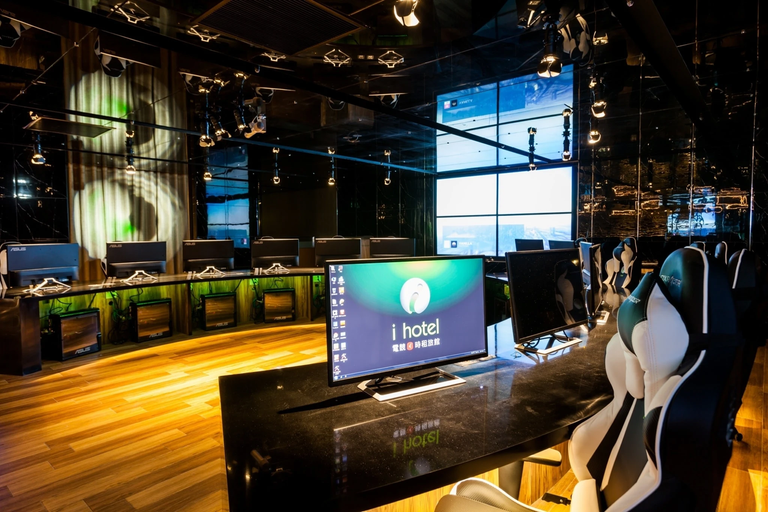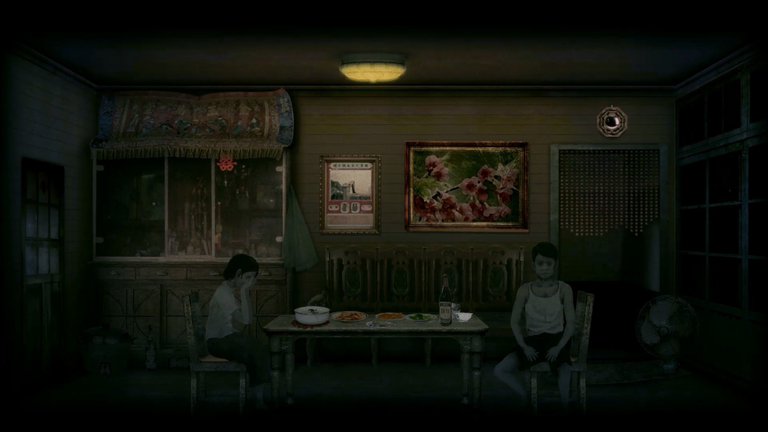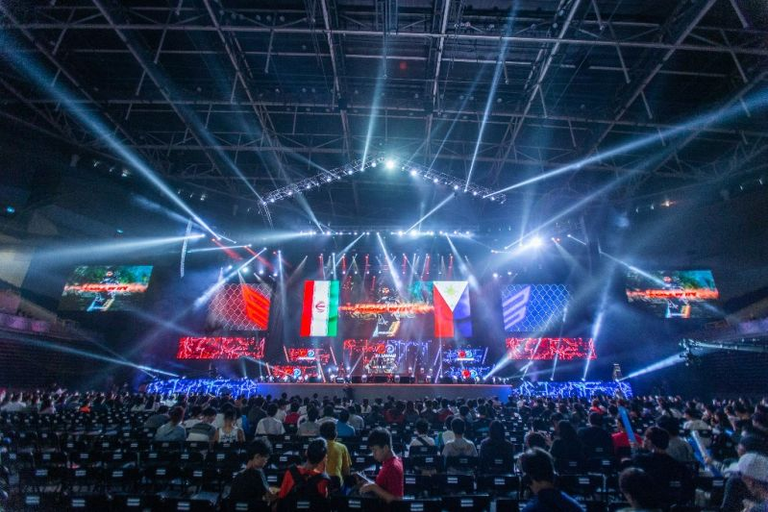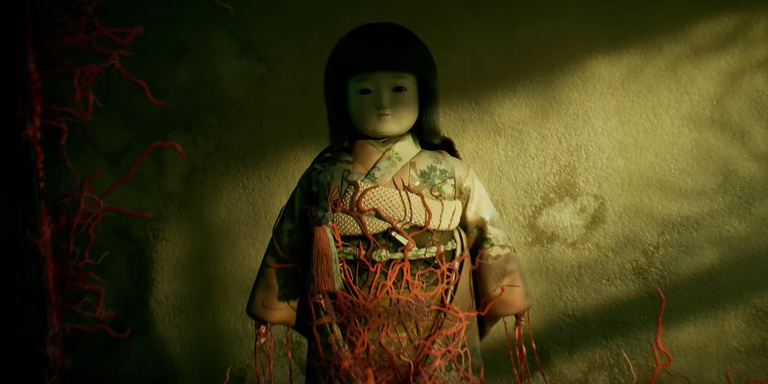A Growing Market; Taiwan Game Development

Taiwan is quite a country, and I mean it is a country. Not some part of a giant deep state agenda like some would like you to think. Thus, being part of a fast-growing Asian democratic society within the past few decades. That kind of history also comes with knowing that their tech industry is growing, allowing them to explore other avenues of business and entertainment, which includes making video games.
This year, I'd had to say, I played a fair selection of video games made from Taiwan, some very considerably good, others getting close enough. And it would seem they're coming along to making their mark large enough to be noticed. I think things got even bigger when Konami announced a studio in Taiwan is developing a Silent Hill spin-off game based in Japan. One would easily assume that E-sports games would only thrive, but they couldn't be further from the truth.
Video games there have already reached a market cap of 1.6bn USD, with a projection of going further than 2bn by 2027. That's no small feat, considering how small of a country it is, close to the coast of China. There's a lot to add about how they are making their games, with the stories in relation to the country's struggle during the Cold War, and how difficult the strain of their cultural and social issues have gotten. That, and making games inspired by popular games from elsewhere.

A Bit Of History

Disclaimer: First bit is a history lesson, and there are going to some unsettling details regarding the Republic of China.
Taiwan has gone through tumultuous phases regarding their culture and social norms for such a long time, they were first used as a stop gap by Portuguese sailors in the 15th century. It got colonized later by Dutch explorers, before being annexed by the Chinese dynasty. Then the Japanese took over in the late 19th century, before getting it back from the allies from WWII. Taiwan was one of the few countries that stayed far away from the communist revolution in China, creating their own democratic republic with the help of the west.
Of course, things weren't easy once the Kuomintang got Taiwan back. The country was under martial law for decades, and loads of civil unrest happened due to the government's Draconian laws and restrictions. Basically being totalitarian. A lot of people died, and all that because of the unsettling paranoia revolving around communists. They were afraid of mainland China.

Fast-forward to 1992, where all those laws were repealed and Taiwan was able to focus on its economic growth. Especially where it counted, which was the booming semiconductor industry starting all the way from 1974. They're home to giant household names like TSMC, and UMC. Because of them, Taiwan basically makes all the components and chipsets needed for your graphics card and CPUs. They had a hand in shaping the modern PC today.
Because of this, Taiwan was then allowed to invest in other ventures. For one, right now, we're talking about is video games. So, what does all this have to do with it? Well, all these events are tightly etched into their history and something constantly referred to in a few of their most popular games.
A Dark History, A Bright Future

Games like Detention, which takes place during the early years of the white terror in 62, is a horror game about a high schooler named Ray getting stuck, and start dealing with haunting ghosts of the past. It's densely atmospheric, and deals with its topic grimly. It is an unsettling game, nothing about it gives you any time to breath, almost as if you were living in that era, and that the horror elements are acting as devices for the real life struggles of that time. Here's a video fully explaining its harrowing story.
And then there's Devotion, I played that game a while ago, and did not sleep well for a long time afterwards. Absolutely scarier than Detention, and it also proved just how far the Taiwanese developers who made it, pushed the boundaries of storytelling for this medium. With the distinction of going first person, like P.T. and a more personalized story, based somewhere in Taipei during the 80s. I relate a lot to the themes of the story here, because where I am from, my family's superstition had them dabble into religious groups or cults to help deal with my physical ailments, which were nothing but time-consuming and waste of money, also with the risk of mortality in question.
OPUS is a series that instead lets the developer dabble into Sci-Fi fantasy settings, with worlds created based on foreign literature while intertwining their own culture as well. Of the 3 games, their latest title of the series is one of the best experiences I've played this year. The characters had depth, world building at times piqued my curiosity, and it had one of the most tragic yet wholesome story in relation to these well written characters.

In some way, I've learned what Taiwan's culture is like, and how they've now found the large scope of the internet and video game medium to tell stories from them. Taiwan, dare I say, is the better part of China that China wishes they came close to being, despite technically not being China. Though, that isn't to say anything that comes out of the mainland is bad, I could do another post about China's growing gaming market as well. But most of them either tries to jump on trends or tell their stories in very esoteric form, that only their natives could understand. Nothing yet that has carried the narrative strength, and strong themes that their Cantonese neighbor has gotten grasp of.
Soon To Be Bigger

Taiwan has a pretty big esports scene, so the presence of video games is pretty dominant. But, they have been featured in many world tournaments for games like League of Legends, DOTA 2, Counter Strike: Source, Overwatch, Starcraft, etc. They are up there with the likes of South Korea even. But of course, that's not my main focus for here. I mention this, because Taiwan has fully embraced gaming in all capacities.
A year ago, two games were released, which would highlight how far the game market has progressed there. From making mobile games to making tangibly good games in the Asian market, games like the aforementioned OPUS: Echoes of Starsong, and The Legend of Tianding. That sounds like a lot of praise, but you can take a look at the Steam ratings and the rest is history. And a few months ago, Jack Move came out, which was one of my previewed games from the Steam Fest demos.

Small strides later, a team that has worked on the Resident Evil Re:Verse multiplayer is now working with Ryukishi07 to make a new Silent Hill f, the spin-off to the original series. On top of that, there are many support studios in Taiwan, helping out various developers across the industry on an international scale. Soon, they'll be in parity with countries like Poland. Where CD Projekt Red was found.
If there's a finger to give to China, I think this is that way. But past that, it shows a major growth in the Asian market, marking a significant wave of creative exercise while also being seeing as a much more lucrative venture. Given time, they'll come around to be at the top in South Asian. Provided South Korea doesn't start putting more into their own gaming ventures. I'll do hopefully an article on piece on both China and South Korea later on.

Recent content:
I love these posts about the history of video games in some part of the world, very interesting to know the authors and how it all develops